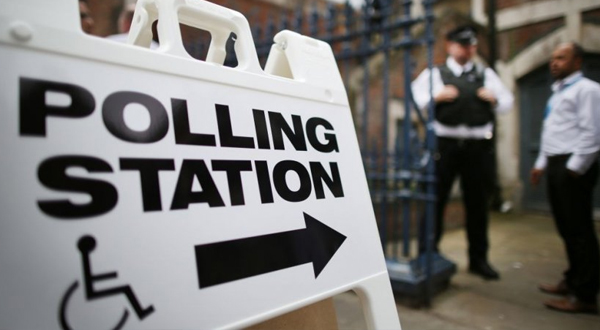YANGON: More than 1,000 homes have been razed in Rohingya villages in northwest Myanmar during a military lockdown there, according to analysis of satellite images from Human Rights Watch released Monday that fly in the face of government denials.
Troops have poured into a strip of land along the Bangladesh border, an area which is largely home to the stateless Muslim Rohingya minority, since a series of coordinated and deadly attacks on police border posts last month.
Up to 30,000 people have been displaced by the ensuing violence, according to the UN, half of them over a two-day period when dozens died after the military brought in helicopter gunships.
Security forces have killed almost 70 people and arrested some 400 since the lockdown began six weeks ago, according to state media reports, but activists say the number could be far higher.
Witnesses and activists have reported troops killing Rohingya, raping women and looting and burning their houses. The government has refused to allow in international observers to carry out a full investigation.
A Rohingya man named Salaman said he helped to bury the bodies of a man and a woman who were shot by soldiers in the village of Doetan on Saturday.
“Soldiers came in to Doetan village in the evening of the 19th about 5pm,” he told AFP.
“Most of the men from the village ran away because they are afraid of being arrested and tortured. Then they (the soldiers) started shooting and two were killed.”
Rights activist Chris Lewa, whose Arakan Project works in northern Rakhine, confirmed the account and said two babies were also swept away as villagers tried to flee across a river.
Presidential spokesman Zaw Htay played down the latest satellite images.
“What we have seen on the ground is not that widespread,” he told AFP.
He also denied reports of the deaths in Doetan village. “Both the government and the military have strongly prohibited any human rights violations, especially against women and children,” he said.
Hundreds of Rohingya, who have long been persecuted by the state, have tried to flee the violence to neighbouring Bangladesh.
Myanmar’s new civilian government, led by Nobel Peace Prize winner Aung San Suu Kyi, has rejected the allegations as part of a misinformation campaign planted by “terrorists”.
Independently verifying facts on the ground has been hampered, but evidence of widespread destruction to villages is mounting.
Human Rights Watch said Monday that by using satellite imagery it had identified 820 more structures destroyed in five Rohingya villages between November 10-18.
In total, the rights group said 1,250 buildings had been destroyed during the military lockdown.
“Instead of responding with military-era style accusations and denials, the government should simply look at the facts,” said HRW’s Asia director Brad Adams.
The government has said fewer than 300 houses have been destroyed and blamed the attacks on “Bengali (Rohingya) terrorist arsonists”.
More than 100 people died in 2012 in clashes between the majority Buddhist population and the Rohingya, and tens of thousands of them were driven into displacement camps.
The resurgence of violence in Rakhine poses a critical challenge to Suu Kyi’s administration seven months after it took power.
Many in Myanmar loathe the Muslim Rohingya, whom they reject as illegal immigrants from Bangladesh even though many can trace their roots in Myanmar back generations.





